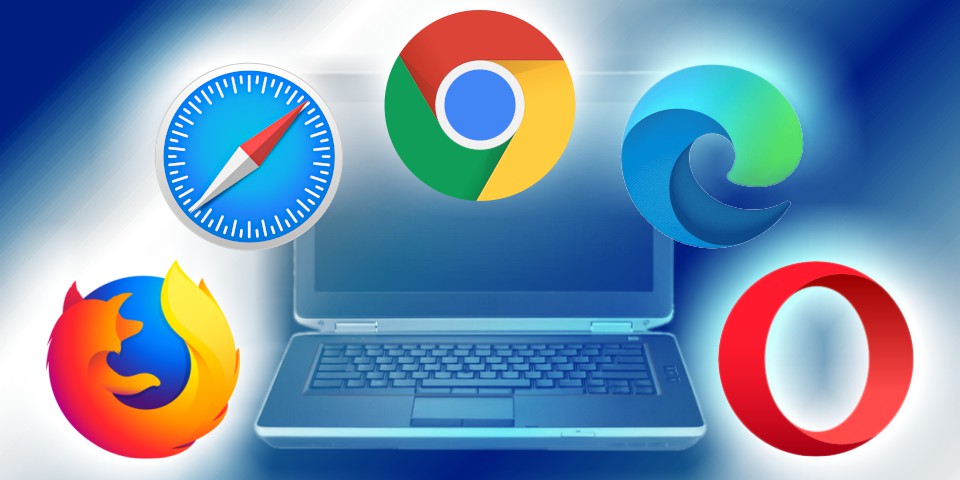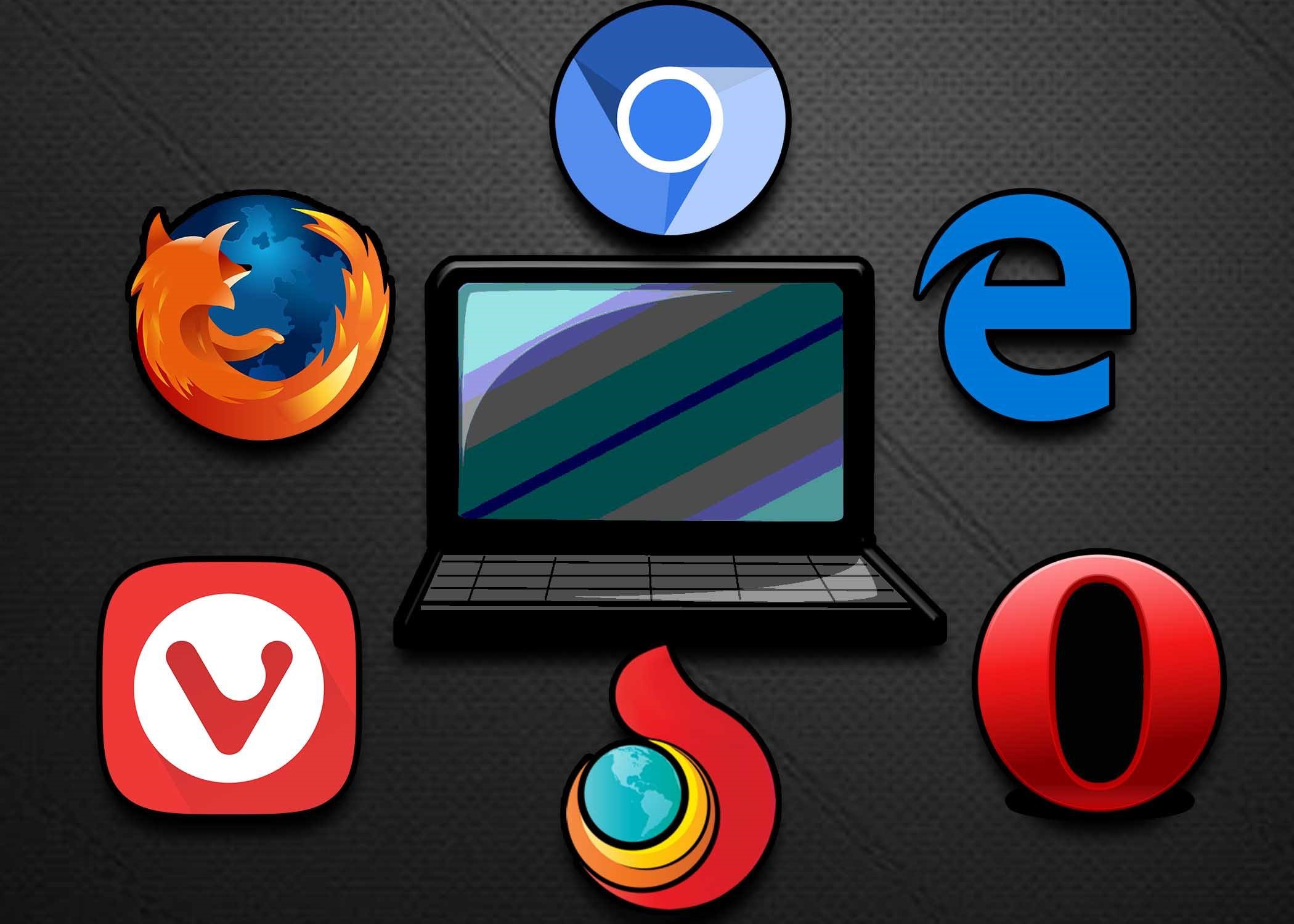Are you tired of navigating through the endless options of web browsers? With so many operating systems available, it can be overwhelming to choose just one. I’ve been there too- constantly switching between different browsers trying to find the perfect fit. But fear not, I have done extensive research on each operating system and am here to help you make an informed decision.
In this article, we’ll take a deep dive into the top web browser operating systems and break down their features, pros and cons, and which audience they cater towards. Whether you’re a student, professional, or just looking for a simple browsing experience, by the end of this article you will know exactly which operating system is right for you. So let’s get started on finding your perfect match!
So, browser operating system?
When it comes to choosing a web browser operating system, there are several options available in the market. Each one offers its own unique features and benefits, making it difficult to determine which one is right for you.
One popular option is Google Chrome OS, which is known for its speed and simplicity. It is designed specifically for web browsing and relies heavily on cloud-based storage and applications. This makes it a great choice for those who primarily use their computers for internet-related tasks such as email, social media, and streaming.
Another popular choice is Microsoft Windows 10, which has been the go-to operating system for many years. It offers a wide range of features and compatibility with various software programs. However, it can be more complex to navigate compared to other options.
For Apple users, macOS may be the preferred choice as it seamlessly integrates with other Apple devices such as iPhones and iPads. It also offers a sleek design and user-friendly interface but may not have as much software compatibility compared to Windows.
Linux is another option that appeals to tech-savvy individuals due to its open-source nature and customizable features. However, it may require some technical knowledge to operate effectively.
In conclusion, when deciding on a web browser operating system that’s right for you, consider your needs and preferences along with the specific features offered by each option before making your decision. Ultimately, all of these systems provide reliable performance so choose one that aligns with your lifestyle best.
Understanding Different Web Browser Operating Systems
Web browsers are like the windows to our digital world, each designed to work smoothly with different operating systems. When you think about it, the choice of a web browser can greatly influence how we experience the internet. Popular browsers such as Google Chrome, Mozilla Firefox, and Safari have their unique features tailored for specific platforms. For example, Chrome is known for its speed and extensive library of extensions that enhance functionality on Windows or macOS. On mobile devices, both Android and iOS have their preferred versions of these browsers that ensure smooth navigation.
Different operating systems also impact browser performance based on how they handle resources and security protocols. Windows, being widely used in personal computers, often sees updates that optimize Internet Explorer or Edge specifically for ease of use with Microsoft products. Meanwhile, macOS users usually favor Safari because it integrates seamlessly with Apple’s ecosystem—offering features like Handoff between devices and optimized battery life during browsing sessions. Additionally, Linux users might lean towards open-source options like Firefox or Brave due to their emphasis on privacy and customization possibilities, showcasing how varied preferences emerge based on underlying operating system capabilities.

Comparing Popular Web Browser Operating Systems’ Features
When diving into the world of web browsers, it’s fascinating to see how various operating systems bring unique features to the table. For instance, Google Chrome is renowned for its speed and efficiency. It boasts a sleek interface and offers an extensive library of extensions that can enhance almost any browsing experience. Users appreciate the built-in security features like sandboxing and regular updates, which keep their data safe from potential threats. Additionally, Chrome’s seamless integration with Google services makes it a favorite among those who rely heavily on tools like Gmail or Google Drive.
On the other hand, Mozilla Firefox takes pride in its commitment to privacy and user control. With advanced tracking protection features, it empowers users to maintain their online anonymity while surfing the web. Its customizable interface allows users to tailor their browsing experience according to personal preferences easily. Moreover, Firefox supports a wide range of add-ons similar to Chrome but emphasizes open-source principles that appeal to tech-savvy individuals who value transparency in software development. Collectively examining these browsers reveals not just differences in performance but also highlights how user needs shape feature sets across different platforms.
– Speed: Chrome excels here.
– Privacy: Firefox leads with robust protections.
– Customization: Both allow personalization through extensions.
Read also: textmagic text to speech
Security Aspects of Various Web Browser Operating Systems
When we talk about web browsers, security becomes a top priority. Each browser operates on different systems, and their approaches to protect users can vary significantly. For instance, Google Chrome employs a multi-layered security model that includes sandboxing technology. This isolates each tab so that harmful code can’t jump from one page to another easily. On the other hand, Mozilla Firefox has made great strides in privacy by incorporating features like Enhanced Tracking Protection and HTTPS-only mode, which help keep your data more secure while you surf the web.
Another notable contender is Microsoft Edge, which runs on Chromium just like Chrome but adds its own unique twists for security. With Windows Defender integration, it actively scans downloads for malware before they reach your device. Safari also deserves mention; it’s known for its intelligent tracking prevention system that automatically blocks cross-site tracking cookies to safeguard user information effectively. All these browsers utilize regular updates to patch vulnerabilities swiftly—making sure users are always shielded from emerging threats.
Ultimately, choosing a browser with robust security features can significantly enhance your online experience and peace of mind!
Optimizing Efficiency: Which Web Browser Operates Fastest?
When diving into the realm of web browsers, speed is often at the forefront of our minds. Browsers like Google Chrome, Mozilla Firefox, and Microsoft Edge each compete fiercely for users’ attention by touting their lightning-fast capabilities. Having a swift browser can dramatically enhance your online experience, making it easier to load pages quickly and stream videos without annoying interruptions. The performance of these browsers can be influenced by various factors including how they handle memory usage, processing power, and even extensions that might bog them down.
To truly understand which browser operates the fastest, it’s essential to consider real-world use cases. For instance, when running multiple tabs or streaming content simultaneously, some browsers manage resources more efficiently than others.
Many users report that Chrome tends to excel in loading web applications while Firefox shines with its efficient handling of privacy-focused browsing sessions. Meanwhile, Edge, built on the same engine as Chrome but optimized for Windows devices, has been impressively fast lately too. Ultimately,
- The best choice may depend on individual needs.
- If you prioritize speed over add-ons or features.
- You might lean towards one option based on personal preference.
Understanding your specific requirements will help you find your perfect match in this competitive arena!
You may also like: text to speech devices
Choosing a Web Browser Operating System Based on Your Specific Needs
When selecting a web browser operating system, it’s essential to consider your unique needs and preferences. Some people prioritize speed and efficiency, while others may focus on privacy or compatibility with specific applications. For instance, if you’re someone who often juggles multiple tabs or requires quick access to various web services, an operating system like Chrome OS could be ideal due to its lightweight design and seamless integration with Google services. On the other hand, if you value robust security features and want more control over your online data, Firefox might catch your eye since it’s known for its strong privacy settings.
Additionally, think about how you use your devices in daily life. If you’re frequently on-the-go using a laptop or tablet primarily for browsing and media consumption, an operating system that excels in mobile functionality would serve you well. Consider these points when making your choice:
- User Interface: Is it intuitive? Can you personalize it?
- Speed: Does it load pages quickly?
- Compatibility: Will it run the applications you need?
The right decision can enhance not just productivity but also enjoyment during each online session!



